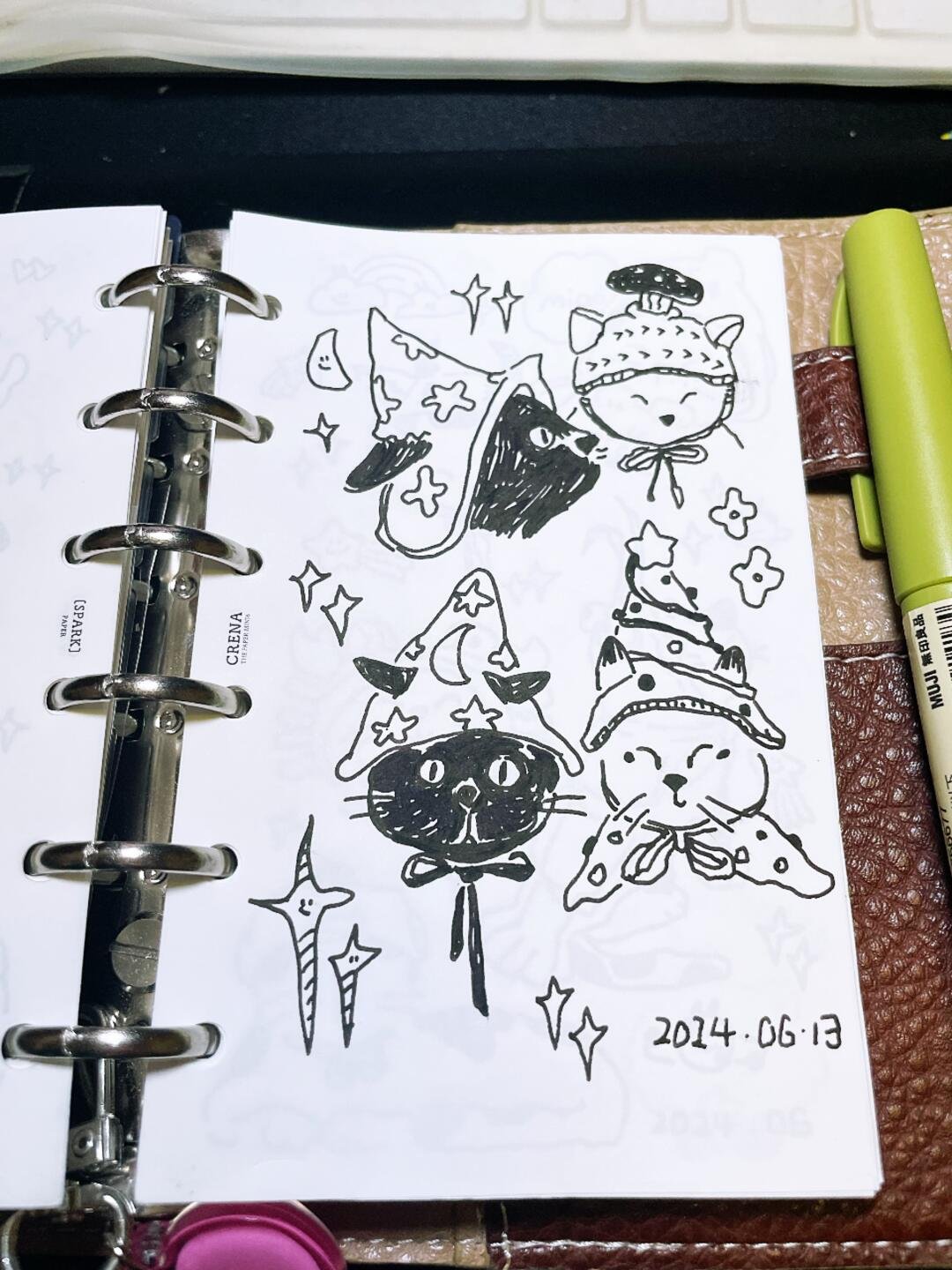Photo references are invaluable in figure drawing as they provide a realistic representation of the human body. They allow you to study the intricate details of anatomy, such as the proportions, muscle structure, and intricate poses that would be challenging to capture from imagination alone. By using photo references, you can enhance your understanding of the human form and bring life to your drawings.
Moreover, photo references offer a level of convenience that allows you to work at your own pace. Unlike drawing from life models, you can access a wide range of photo references at any time, making it easier to practice your skills whenever inspiration strikes. Whether you’re a professional artist or an amateur enthusiast, utilizing photo references can significantly elevate the quality of your figure drawings.
Step-by-Step Guide to Drawing a Figure Using Photo References
Now that you understand the importance of using photo references and have tips for finding and utilizing them effectively, let’s delve into a step-by-step guide to drawing a figure using these references.
-
Start by establishing the gesture of the figure. Observe the overall flow of the pose and loosely sketch the basic lines that represent the spine, limbs, and major joints. This step sets the foundation for the rest of your drawing.
-
Once you have established the gesture, begin adding the basic shapes of the body parts. Break down the figure into simple geometric forms like cylinders, spheres, and cubes. This will help you understand the three-dimensional structure of the figure and ensure accurate proportions.
-
Refine the details by adding more definition to the body parts. Study the photo reference for subtle nuances in muscle structure, joint articulation, and surface contour. Pay attention to the light and shadow patterns, as they add depth and volume to your drawing.
-
Continue refining your drawing by adding finer details, such as facial features, hands, and clothing. Take your time to capture the unique characteristics of the subject and ensure accuracy in your representation.
-
Finally, add shading and value to your drawing to create a sense of depth and dimension. Study the photo reference for areas of light and shadow, and use various shading techniques such as cross-hatching, stippling, or blending to bring your drawing to life.








Using Stick Figures as a Foundation for Figure Drawing
Stick figures are a useful tool for establishing the basic proportions and gestures in figure drawing. They provide a simplified framework that allows you to quickly capture the essence of the pose before adding more details. Here’s how you can use stick figures as a foundation for your figure drawings:
-
Begin by loosely sketching a stick figure to establish the overall gesture and movement of the figure. Use simple lines to represent the spine, limbs, and major joints.
-
Add basic shapes to represent the head, torso, and major body parts. These shapes will serve as a guide for accurately placing the features and proportions of the figure.
-
Refine the stick figure by adding more definition and details. Gradually build up the structure by adding curves and angles to represent the form of the body.
-
Once you’re satisfied with the stick figure, you can use it as a reference to start adding flesh and details to your drawing. The stick figure serves as a roadmap, guiding you in capturing the accurate proportions and gesture of the figure.










Conclusion
Figure drawing is a captivating art form that requires a combination of technical skill and artistic vision. By utilizing photo references effectively, understanding different poses, and employing various styles and techniques, you can create captivating sketches that showcase the beauty and complexity of the human form.
Remember, figure drawing is a journey of constant learning and growth. Embrace the challenges, learn from your mistakes, and never stop honing your skills. With dedication and perseverance, you’ll unravel the secrets to captivating figure drawings that leave a lasting impression on both yourself and your audience.
Now, it’s time to pick up your sketchbook, gather your favorite photo references, and embark on your figure drawing adventure. Let your imagination run wild, and may your sketches become a true reflection of your artistic journey. Happy drawing!






